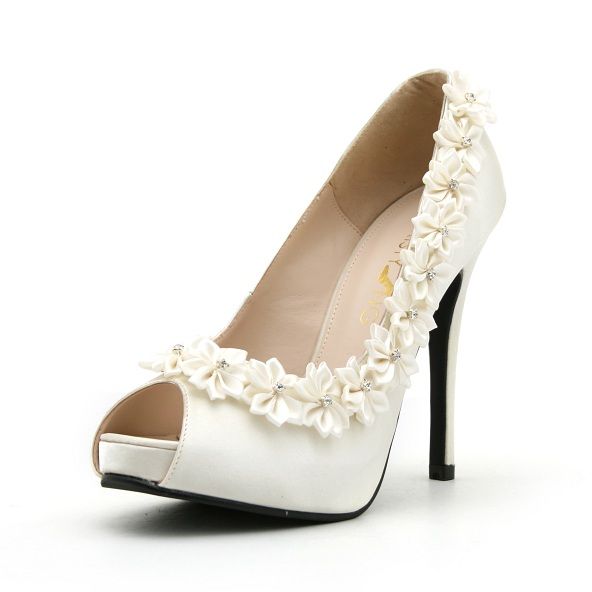Running enthusiasts understand that the right footwear can make a significant difference in their performance and comfort. Whether you’re a devoted marathoner or an off-road adventurer, selecting the ideal shoes is crucial. This guide delves into the types of running shoes available, helping you find your best match.
The Essentials of Running Shoes
Runners today are spoilt for choice with countless brands and models to choose from. Understanding the basics can help narrow down the selection:
- Comfort: A well-cushioned sole to absorb impact.
- Fit: Ensures no slippage or excessive tightness.
- Durability: Long-lasting materials to withstand wear and tear.
Exploring Trail Running Shoes
If your idea of a perfect run involves rugged paths, steep inclines, and unpredictable terrains, trail running shoes are your best bet. These specialized shoes offer:
- Enhanced Grip: Superior traction on uneven surfaces.
- Protection: Built to guard against rocks, roots, and debris.
- Durability: Constructed to withstand harsh conditions.
The Importance of Stability Running Shoes
For those who experience overpronation — where the foot rolls inward excessively when running — stability running shoes can be instrumental. These shoes provide:
- Support: Features like medial posts to prevent excessive rolling.
- Balance: Ensures a more neutral stride.
- Comfort: Added cushioning to alleviate strain.
Running Shoes Review: Making an Informed Decision
Before making a purchase, checking a detailed running shoes review can provide valuable insights. Reviews often highlight:
- Performance: User experiences with the shoe’s functionality.
- Comfort: Feedback on the fit and feel.
- Value for Money: An assessment of price versus quality.
Frequently Asked Questions
What are the key differences between trail and road running shoes?
Trail running shoes are designed for off-road paths with enhanced grip and protective features, while road running shoes are optimized for pavement with lighter builds and smoother soles.
How often should running shoes be replaced?
Generally, running shoes should be replaced every 300-500 miles to ensure optimal performance and prevent injury.
Can stability running shoes help with knee pain?
Yes, they can provide the necessary support to create a more neutral step, reducing stress on the knees and decreasing pain.
Selecting the best running shoes involves considering your specific needs and running habits. Whether it’s trail running shoes for the adventurers, stability running shoes for the support seekers, or simply looking at a thorough running shoes review, making an informed choice ensures a more enjoyable and effective running experience.




